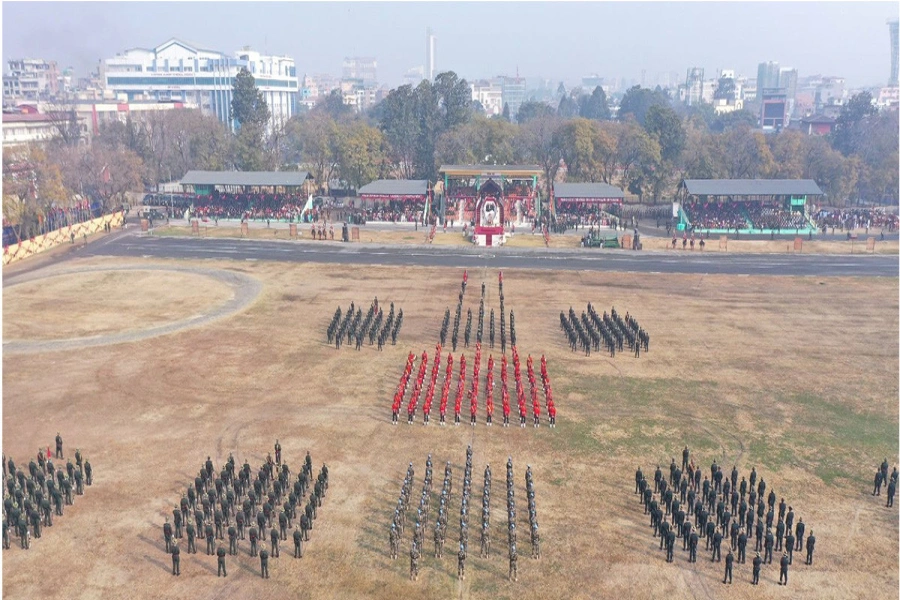EC able to cut down expenses by Rs 3 billion due to various austerity measures: Chief Commissioner Thapaliya
KATHMANDU, Feb 4: The Election Commission (EC) on Friday said that a total of Rs 7 billion was spent to hold the elections to the members of the House of Representatives (HoR) and provincial assemblies.
Addressing a press conference organized at his office on Friday, Chief Election Commissioner Dinesh Thapaliya said this is Rs 3 billion less than the cost estimated initially to conduct the HoR and provincial assembly elections on November 20, 2022. He said that the elections were held at much less expenses than initially estimated due to various austerity measures taken by the EC.
EC proposing to hold provincial and parliamentary elections in...

Chief Election Commissioner Thapaliya said that they had estimated the election expenses to be around Rs 10 billion keeping in view of the number of votes, staff deployed in the election, number of polling stations and rise in the allowances to the officials deployed for the election as compared to the previous elections.
“We are in the process of returning around Rs 3 billion of the total Rs 10 billion demanded from the government,” he said. “The cost also involves the election to the president and vice president.”
Stating that the EC is committed to make elections less expensive, CEC Thapaliya said that the measures introduced by the EC will make elections further less expensive in the coming days. He argued that those making exorbitant election expenses by breaching the set rules and norms must work accordingly to make election less expensive.
Speaking on the occasion, Thapaliya warned all concerned not to make any remarks that are against the existing system and the constitution as elections are held as per the existing constitution and constitutional laws.
Thapaliya also added that the EC is making necessary legal arrangements to ensure voting rights under the proportional electoral system no matter where any eligible voter is living within the country. He, however, clarified that it is not immediately possible to allow such voting rights under the First Past the Post (FPTP) electoral system to eligible voters who are away from their respective election constituency.












-1200x560_20240510154715.jpg)


























